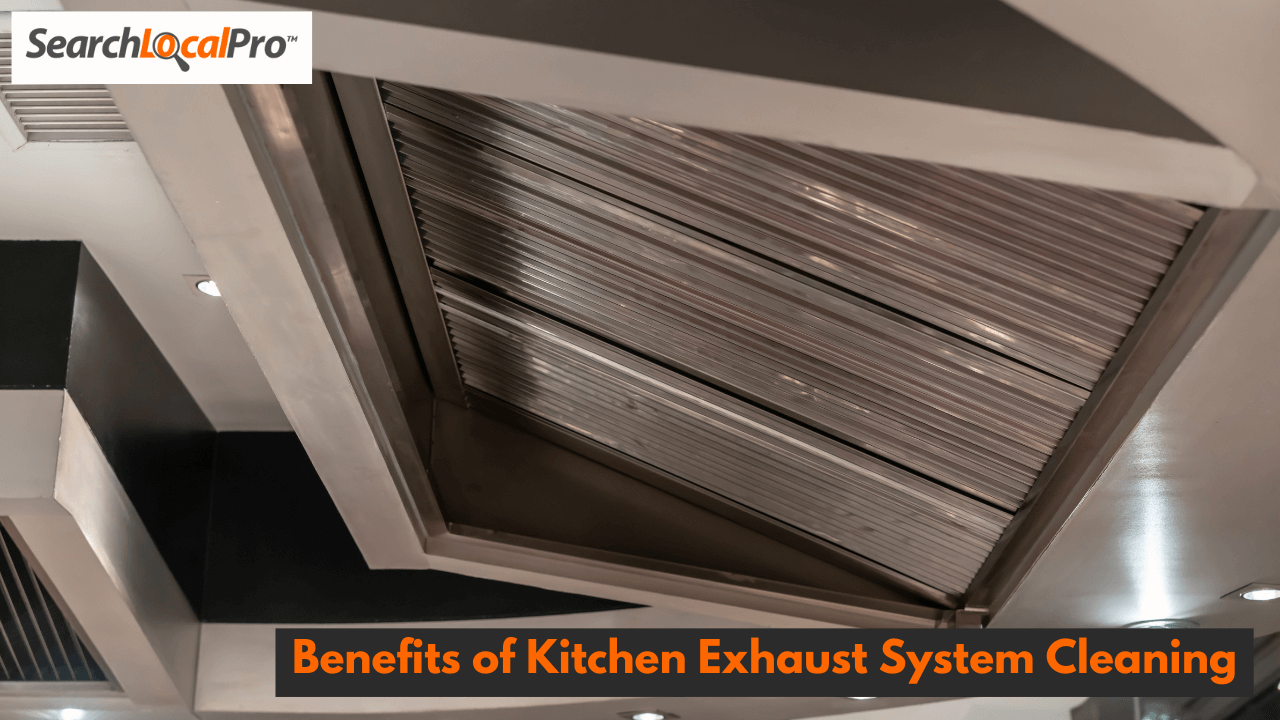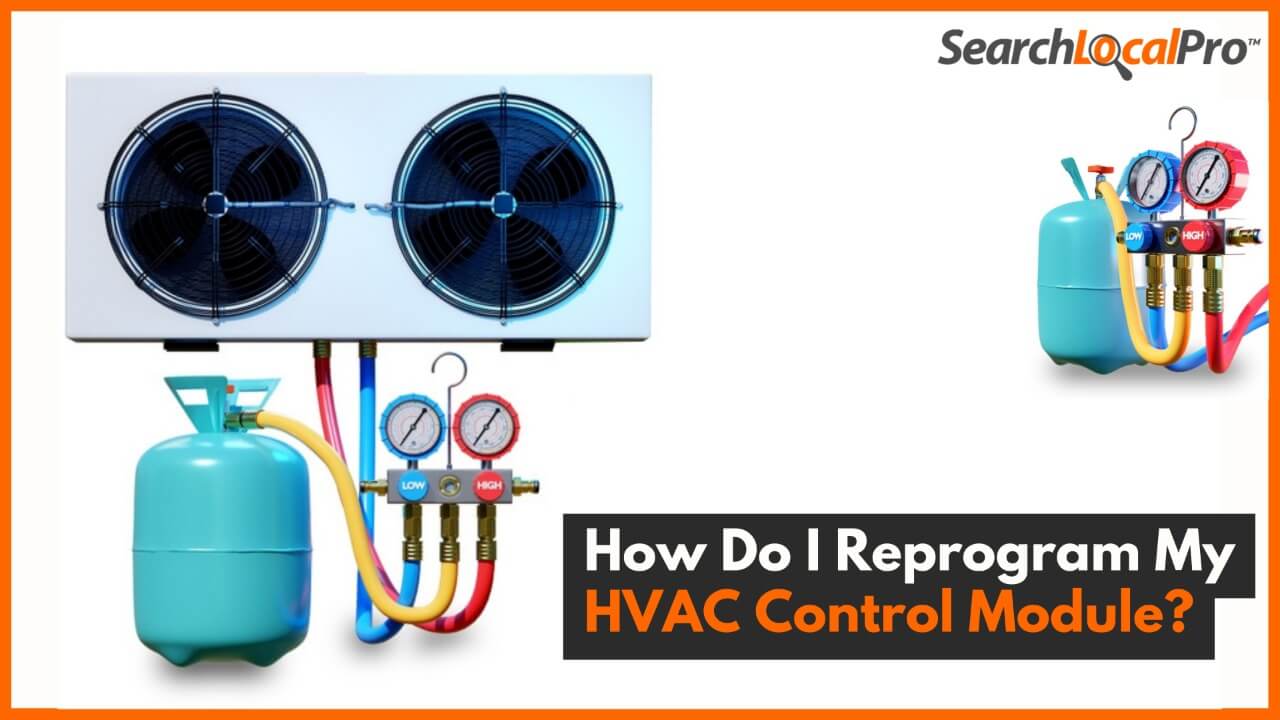A clean kitchen exhaust system is vital for maintaining a safe, efficient, and healthy cooking environment. Over time, grease, grime, and debris accumulate in exhaust systems, posing risks to safety and hygiene. Regular cleaning ensures the system operates optimally, prevents hazards, and complies with health and safety regulations. Let’s explore the numerous benefits of kitchen exhaust system cleaning.
Benefits of Kitchen Exhaust System Cleaning
1. Fire Safety
Grease buildup in kitchen exhaust systems is highly flammable and one of the leading causes of kitchen fires. Regular cleaning removes this buildup, significantly reducing the risk of fire. This ensures not only the safety of the premises but also the well-being of staff and customers.
- How grease buildup occurs: Cooking processes release grease-laden vapors that settle in ducts and exhaust hoods over time.
- Preventive measures: Cleaning ensures these residues are eliminated, creating a fire-resistant barrier.
2. Improved Air Quality
A clean exhaust system efficiently removes smoke, odors, and airborne contaminants, improving indoor air quality. This is particularly important in commercial kitchens, where cooking activities generate large amounts of grease-laden vapors.
- Health benefits: Cleaner air reduces respiratory issues for employees and patrons.
- Customer comfort: A pleasant dining experience is enhanced when there are no lingering odors from the kitchen.
3. Avoid Fires
By addressing potential fire hazards proactively, regular cleaning prevents catastrophic incidents that can result in property damage and loss of life. A well-maintained system provides peace of mind and operational continuity.
- Insurance benefits: Many insurers require proof of regular cleaning for policy validity.
- Operational safety: Preventing fires ensures uninterrupted service.
4. Compliance with Regulations
Health and safety regulations mandate regular maintenance of kitchen exhaust systems. Non-compliance can result in fines, operational shutdowns, and reputational damage. Regular cleaning ensures your kitchen meets these legal standards.
- Inspection readiness: A clean system ensures you pass fire and health inspections effortlessly.
- Legal protection: Avoid costly penalties and maintain business continuity.
5. Enhanced Indoor Air Quality
Cleaner air is crucial for the comfort and health of employees and customers. Regular cleaning helps reduce allergens and pollutants, creating a safer and more pleasant environment.
- Employee health: Reduced exposure to harmful contaminants lowers the risk of illnesses.
- Long-term benefits: Cleaner air promotes overall well-being and productivity.
6. Energy Efficiency
A clean exhaust system operates more efficiently, reducing energy consumption. By minimizing resistance in the system, it requires less power to maintain effective ventilation, leading to lower energy costs.
- Optimized performance: Dirt and grease-free systems run more smoothly, saving energy.
- Cost savings: Lower utility bills over time.
7. Extend Equipment Lifespan
Grease and grime can corrode exhaust system components over time. Regular cleaning prevents this damage, extending the lifespan of your equipment and reducing replacement costs.
- Protect your investment: Ensure your exhaust system operates optimally for years.
- Reduced maintenance costs: Prevent expensive repairs by keeping components clean.
8. Improve Ventilation
Proper ventilation is essential for a functional kitchen. Cleaning the exhaust system ensures unobstructed airflow, enhancing ventilation and maintaining a comfortable cooking environment.
- Temperature control: Effective ventilation helps manage kitchen heat levels.
- Air circulation: Prevent stagnant air and reduce humidity.
9. A Healthy Working Environment
Poor air quality can cause respiratory issues and discomfort for kitchen staff. Clean exhaust systems contribute to a healthier workplace, boosting employee morale and productivity.
- Employee retention: A healthier environment reduces sick days and enhances job satisfaction.
- Workplace efficiency: Staff can perform better in a clean, well-ventilated kitchen.
10. Code Compliance
Local fire and health codes often require routine cleaning of exhaust systems. Compliance avoids penalties and ensures your kitchen operates legally and safely.
- Regular audits: Stay ahead of inspections with thorough maintenance.
- Business reputation: Compliance demonstrates professionalism and responsibility.
11. Health and Hygiene
Accumulated grease and debris can become breeding grounds for bacteria and pests. Regular cleaning maintains high hygiene standards, essential for food preparation areas.
- Food safety: Prevent contamination from grease or pests.
- Customer trust: Maintain a clean and hygienic image for your business.
12. Lower Energy Costs
Efficient systems consume less energy, reducing operational costs. Clean exhaust systems optimize performance, offering significant energy savings over time.
- Smart investments: Regular cleaning pays off by reducing monthly expenses.
- Eco-friendly operations: Lower energy usage supports sustainability goals.
Conclusion
Regular kitchen exhaust system cleaning is a critical aspect of maintaining a safe, efficient, and healthy kitchen environment. From fire prevention to improved air quality and cost savings, the benefits are extensive. Investing in routine maintenance not only ensures compliance with regulations but also contributes to the long-term success of your business.
Kitchen Exhaust System Cleaning FAQ
What does cleaning your exhaust do?
Cleaning your kitchen exhaust removes grease, grime, and debris, preventing fire hazards, improving air quality, and ensuring system efficiency. It also extends the life of your equipment and reduces energy consumption.
What does a kitchen exhaust cleaner do?
A kitchen exhaust cleaner inspects, cleans, and maintains the exhaust system, removing grease buildup and ensuring compliance with safety standards. They use specialized tools and techniques to clean ducts, hoods, and fans effectively.
What are the benefits of exhaust fans in the kitchen?
Exhaust fans remove smoke, odors, and airborne contaminants, improving air quality, enhancing ventilation, and maintaining a comfortable cooking environment. They also help regulate temperature and reduce humidity.
How often should kitchen exhaust be cleaned?
The frequency depends on usage:
- High-use kitchens (e.g., commercial kitchens): Quarterly or even monthly.
- Moderate-use kitchens: Semi-annually.
- Residential systems: Annually or as needed based on cooking habits.




